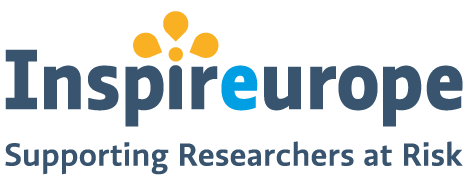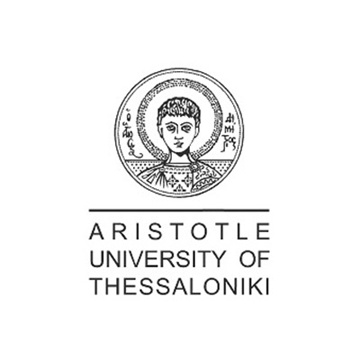School system
In Greece, children aged six months to five years old can attend baby centers/nursery schools.
Children between 2 and a half and 5 years, attend child center, which are either run by the municipalities or privately funded. From the age of four, children can attend a pre-primary school, which is compulsory after the age of five.
Traditionally in Greece, grandparents take care of young children by the age of 3. A lot of retired grandmothers will assume the responsibility of looking after the child when the mother gets back to work
If this is not possible, babysitters can be found by personal recommendation or in classified advertisements. There is no government agency that runs checks or provides certifications for private day care centers or nannies, so you’ll have to rely on friends’ experiences
Also, there are many private child care centers fee-paying
And, finally, there are several public childcare centers in the country for free
Both private and public childcare centers are open from Monday to Friday until 4 pm.
If you wish to enroll your child at a nursery, you will need an application form, your child’s birth certificate and its health booklet. Enrolment takes place every year from June 1 to 15, but applications may also be accepted after those dates, if there are available places in the school.
School System
The Greek education system is under the central responsibility and supervision of the Ministry of Education, Research and Religious Affairs.
School attendance is compulsory for all children in Greece, including refugees and asylum seekers, boys and girls, from the age of 5(five) and for the next 10 years.
The structure is as follow
- Attendance of one year in kindergarten,
- Attendance of six years in primary school (Dimotiko) and
- three years in Lower Secondary School (Gymnasium)
Attendance of the next three years in Upper Secondary School (Lyceum) is optional. Students at that age may choose between vocational or academic courses.
https://help.unhcr.org/greece/living-in-greece/access-to-education/
Kindergarten-Primary Education
Morning classes are conducted in most Primary schools. There is also a ‘Zone of Educational Priorities’ (ZEP) program operated by the Ministry of Education. Children attend school together with Greek nationals. Reception classes are established in some schools in order to provide additional support for the Greek language.
Parents should go to the nearest school of their home address and inform about the registration of the children at the school.
Registration for primary school (dimotiko) and kindergarten usually takes place from 1–21 June at the school itself.
The school will ask you to provide:
- Proof of your address.
- A health certificate proof that your children have received relevant vaccinations.
- Birth certificate
- Your child’s International Protection Applicant Card or valid residence permit.
- Record of dental examinations
(Additional documents may be required depending the case)
Secondary Education
Secondary Education includes two levels:
- Gymnasium of 3 years duration that is mandatory education
- General Lyceum and Vocational Lyceum as optional education
Enrolment at secondary school usually takes place at the primary school that the child is already attending. Newcomers to Greece should contact their Town Hall for information on enrolment procedures.
If your child has attended secondary education in your country or in another country, you may present the relevant certificate of attendance. If you do not have a certificate of attendance, your child might be able to undertake an examination.
These are also Evening Gymnasium and Lyceum schools for students above 15 years who work during the morning. Attendance is also for 3 years, for 4 or 5 hours every evening.
After finishing Lyceum students could participate in national exams to enter Universities or Higher Technological Institutions.
If they do not manage to pass the examination or if they do not want to participate, they can also register in the Institutes of Vocational Training (IEK), which are either public or private.
Finally, Second Chance Schools are also an option for adults who wish to complete their secondary education.
Special Needs School
Some Primary schools have specialized personnel and teachers for students with disabilities. For enrolment in special schools, the Centres for Diagnosis, Evaluation and Support for Persons with Special Needs (KE.D.D.Y.) issues the relevant recommendation and makes the referral.
Accommodation
Hotels,hostels,bnb, etc.
Rent a house
Rental tips
Transportation
Public transportation
Taxi & others
Car importation
Car insurance
Driving License
Family issues
Childcare
School System
Intercultural School
Having a baby
Public support services
InspireEurope
Welcome Guide




